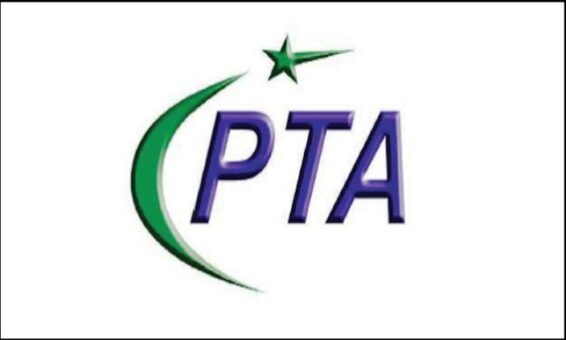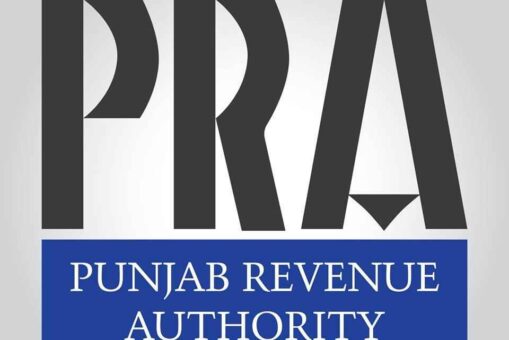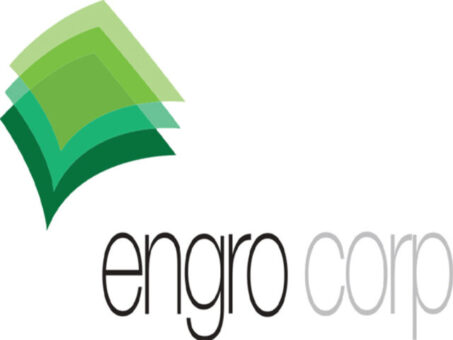ISLAMABAD: Federal Board of Revenue (FBR) will make it mandatory for providers of services to install electronic fiscal device (EFD) for real-time monitoring and collection of income tax.
The FBR issued SRO 296(I)/2020 on Thursday to unveil draft rules for various services sectors to share online data of transactions in order to determine their income and subsequent contribution of income tax.
Through the SRO the FBR proposed amendment to Income Tax Rules, 2002 and invited comments from stakeholders within seven days before making the rules part of the statute.
The FBR proposed a new Chapter VIIA to the Income Tax Rules, 2002 namely ‘Online Integration of Businesses.’ All the companies operating in the country shall require installing EFD. In case other than company the taxpayers shall require to install the device operating in eight major cities, which included: Karachi, Lahore, Islamabad, Rawalpindi, Faisalabad, Multan, Peshawar, and Gujranwala.
Through the proposed amendment, the FBR is intending to make it mandatory the installation of EFD for services, included:
01. Restaurants;
02. Hotels, motels, guest houses, marriage halls, marquees, clubs, including race clubs.
03. Inter-city travel by road.
04. Courier Services and cargo services.
05. Services provided for personal care by beauty parlors, clinics and slimming clinics, body massage centers, pedicure centers, including cosmetic and plastic surgery by such parlors/clinics.
06. Medical practitioners and consultants.
07. Pathological laboratories, medical diagnostic laboratories including X-Ray, CT Scan, M.R. Imaging etc.
08. Hospitals or medical care centers providing medical consultation, hospitalization or other ancillary services.
09. Health clubs, gyms, physical fitness centers, and body or sauna massage centers.
10. Photographers.
11. Accountants.
12. Pharmacies.
According to the rules, the services provider has been defined as integrated enterprise. Such kind of service provider is required to install such fiscal electronic device and software.
Through the device, following tasks will be performed:
Receive, record, analyze and store fiscal data;
Format fiscal data into fiscal invoices or bills;
Transmit the fiscal data to the board’s computerized system through secure means; and
Print invoice or bills.
The FBR said that every transactions made through EFD shall be recorded by a CCTV camera and the recording shall be retained for a period of at least three months.
In case ancillary services or sale of goods are made from notified establishment, the transactions shall also be recorded and the invoice or bill issued in the same manner. Such data shall also be communicated to the board’s computerized system in the same manner.









